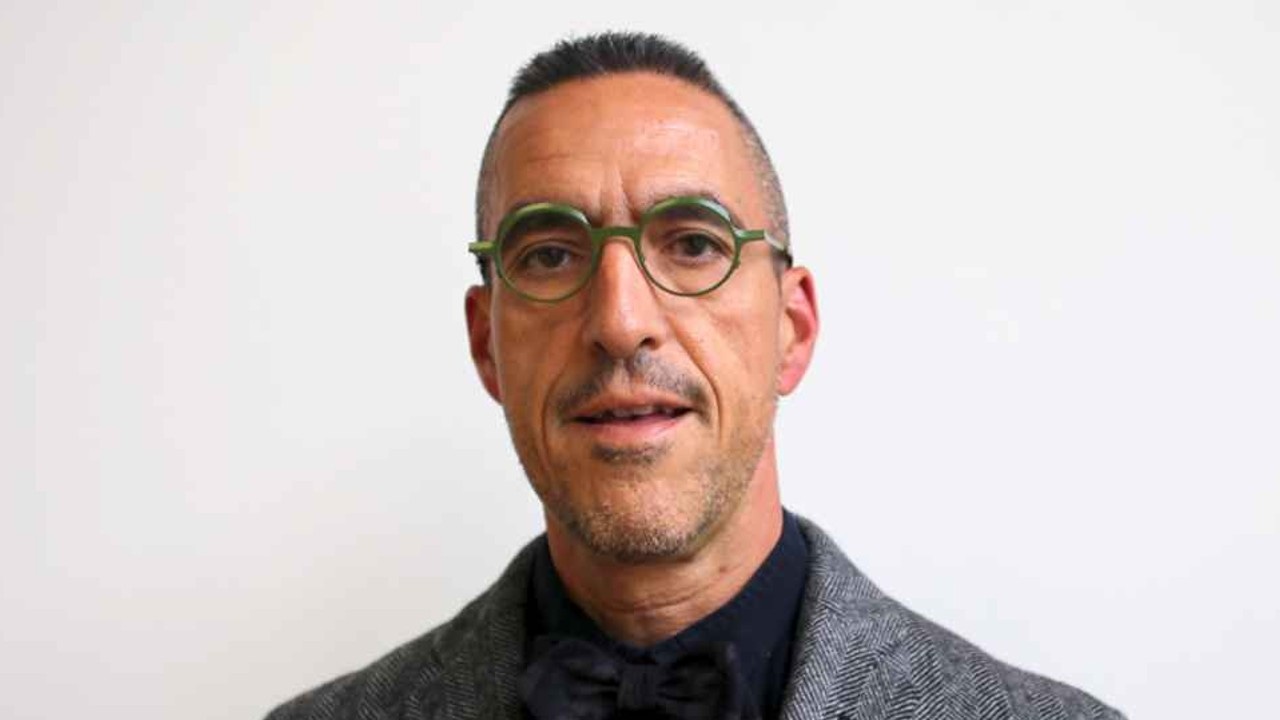Walz taps ACLU’s HR head, ex-Minneapolis city attorney Rowader to lead Cannabis Expungement Board

(Courtesy: ACLU)
The person who will lead the Minnesota board tasked with reviewing marijuana-related convictions for possible expungement has been publicly revealed.
Gov. Tim Walz announced his pick for executive director of the Cannabis Expungement Board — James Rowader — on Wednesday.
Rowader currently serves as the director of people and culture for the American Civil Liberties Union of Minnesota, a role in which he oversees human relations. Before that, he served a term as Minneapolis city attorney, starting right after George Floyd was murdered. He also spent several years working for Target and has served on the boards of several other organizations, including the Minnesota Justice Research Center.
He’s expected to start his role with the Cannabis Expungement Board on March 25.
The board was created as part of the legislation that legalized recreational marijuana back in August. The Minnesota Bureau of Criminal Apprehension is managing automatic expungements but the board will have to review cases to identify which ones are eligible for review and possible expungement or resentencing to a lesser offense. It will also eliminate those that aren’t eligible due to the involvement of a dangerous weapon, dangerous actions or injury to others.
The state says the goal is for the board to start reviewing cases before the end of this year.
“The board will play a critical role in addressing and reducing disparities in our criminal justice system,” Walz said in announcing Rowader’s appointment. “Rowader has demonstrated leadership and legal talent across public, private, and nonprofit sectors, and I’m confident in his ability to lead this work.”
Rowader said he’s “honored and humbled” by his appointment, adding, “Throughout my career, I have been focused on supporting efforts to reduce and eliminate racial and ethnic disparities in the employment space and criminal justice system. I am truly excited to apply my leadership experiences and continue to do meaningful and impactful work to address these disparities as the inaugural leader of this important organization dedicated to the review of cannabis felonies for expungement or resentencing. I am thankful to the Governor for this unique and important opportunity.”
While the public doesn’t have to apply or do anything to have their convictions considered for expungement, the number of people eligible means the process could take some time. The BCA estimated earlier this year that more than 66,000 records are eligible for expungement under the law.
Expungement requires at least three of the five board members to vote in favor of expungement or resentencing, and victims and law enforcement are also able to provide input for board members to consider.
More information on the board is available online.